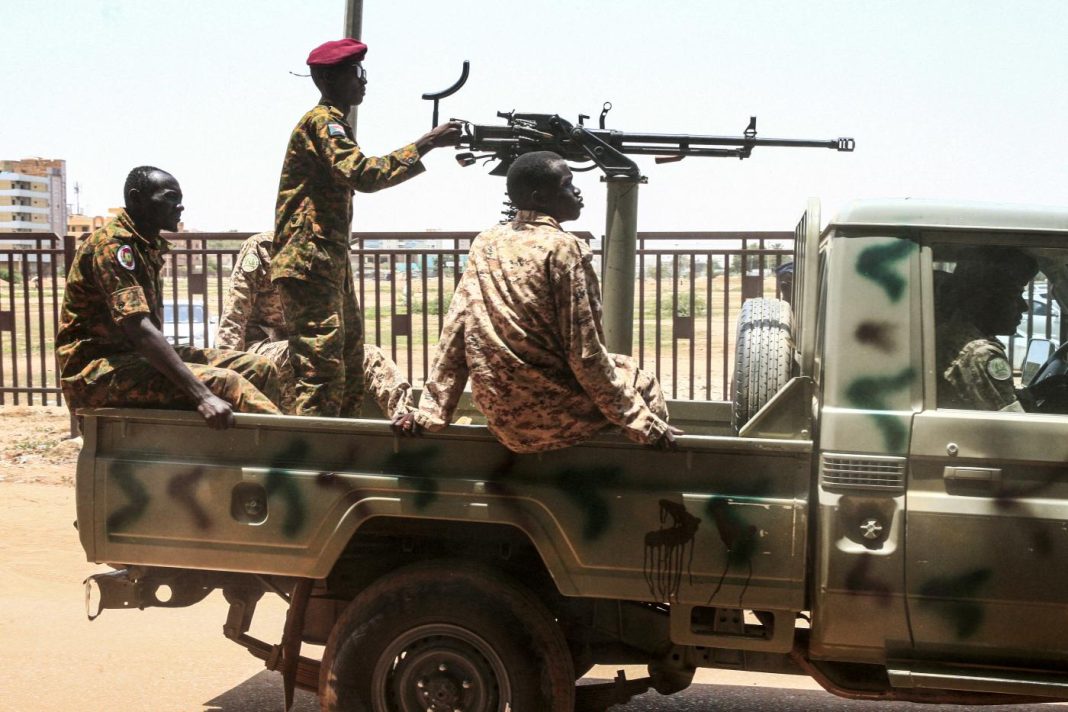The Sudanese army announced on Saturday that it has successfully retaken the strategic state capital of Sinja, located south of Khartoum, from the control of rival paramilitary forces. The Rapid Support Forces (RSF) had held Sinja for the past five months amid an ongoing conflict that has persisted for 19 months between the regular army and the RSF.
The military characterized the recapture of Sinja as a significant victory, emphasizing the city’s importance due to its position on a critical road that connects areas controlled by the army in eastern and central Sudan. In a statement released through social media, the army declared that Sinja had been “liberated… from the terrorist militia.” To bolster this assertion, the army shared footage purportedly filmed at the main military base within the city.
Khaled al-Aiser, the information minister for the army-backed government, expressed his sentiments in a statement, proclaiming that “Sinja has returned to the embrace of the nation.” The armed forces chief, Abdel Fattah al-Burhan, traveled to Sennar, situated about 60 kilometers (40 miles) north of Sinja, to oversee the military operation and commemorate the city’s liberation.
The RSF had initially captured Sinja, along with other key cities, during a swift offensive in June, which led to an exodus of approximately 726,000 civilians, according to United Nations estimates. This mass displacement has fueled concerns over the human rights violations occurring amidst the conflict, with reports indicating that countless individuals unable or unwilling to flee have suffered severe violence at the hands of RSF fighters.
Local residents, such as teacher Abdullah al-Hassan, expressed relief at the army’s return, sharing his feelings of “indescribable joy” following months of uncertainty and fear under RSF rule. He recounted the constant anxiety faced by civilians, who lived in dread of militia fighters entering their homes to inflict harm or theft.
Both warring factions in Sudan have faced accusations of committing war crimes, with allegations including indiscriminate attacks on civilian structures such as homes, markets, and medical facilities. The RSF has been specifically charged with engaging in summary executions, systematic sexual violence, and extensive looting activities. The paramilitary group currently maintains dominance over vast regions of Darfur in the west and significant territories in Kordofan, as well as considerable areas of the capital, Khartoum, and the agricultural state of Al-Jazira to the south.
Since the onset of hostilities in April 2023, the conflict has claimed tens of thousands of lives and displaced over 11 million people, leading the UN to label it as the world’s largest displacement crisis. One displaced individual, Asia Khedr, 46, from Gedaref, where over 1.1 million displaced persons are currently residing, expressed hope for an end to her family’s suffering. “We’ll finally go home and say goodbye to this life of displacement and suffering,” she remarked, indicating a longing for stability and peace.





